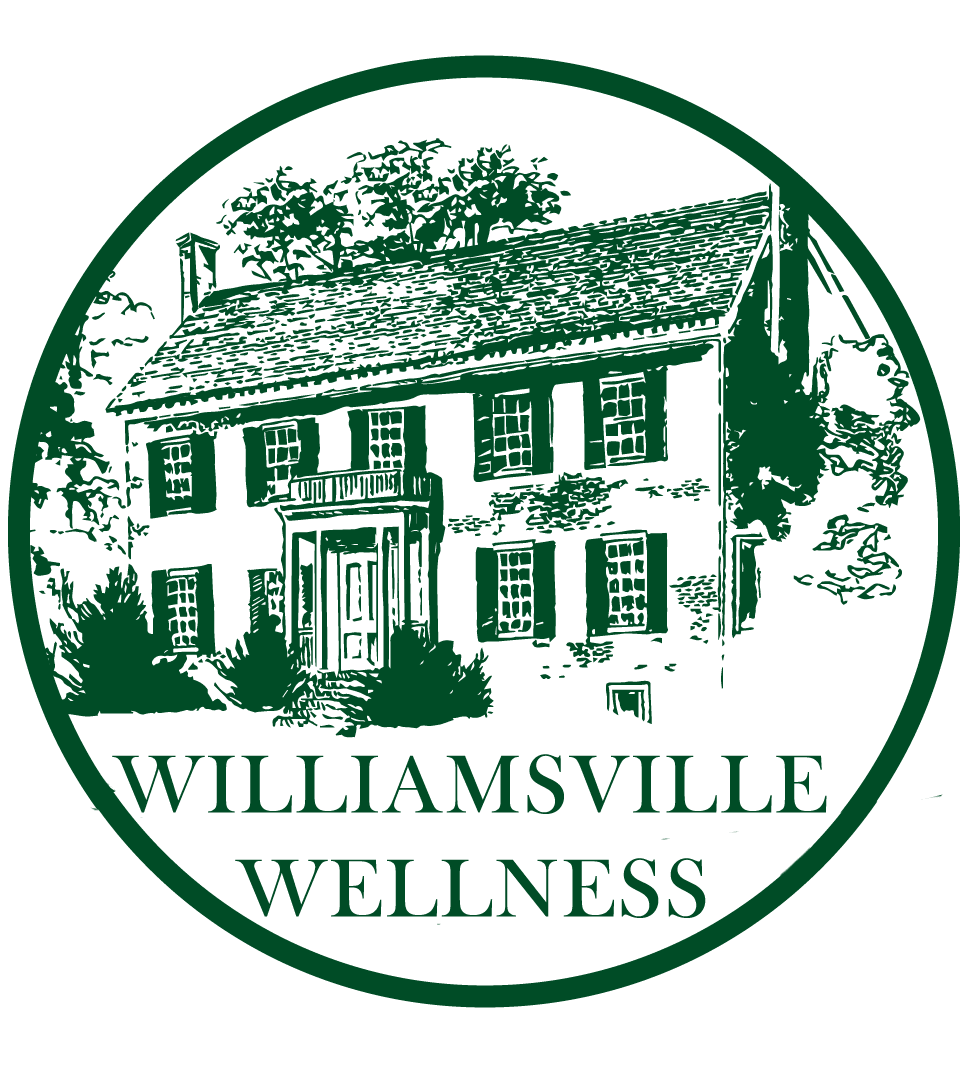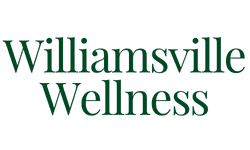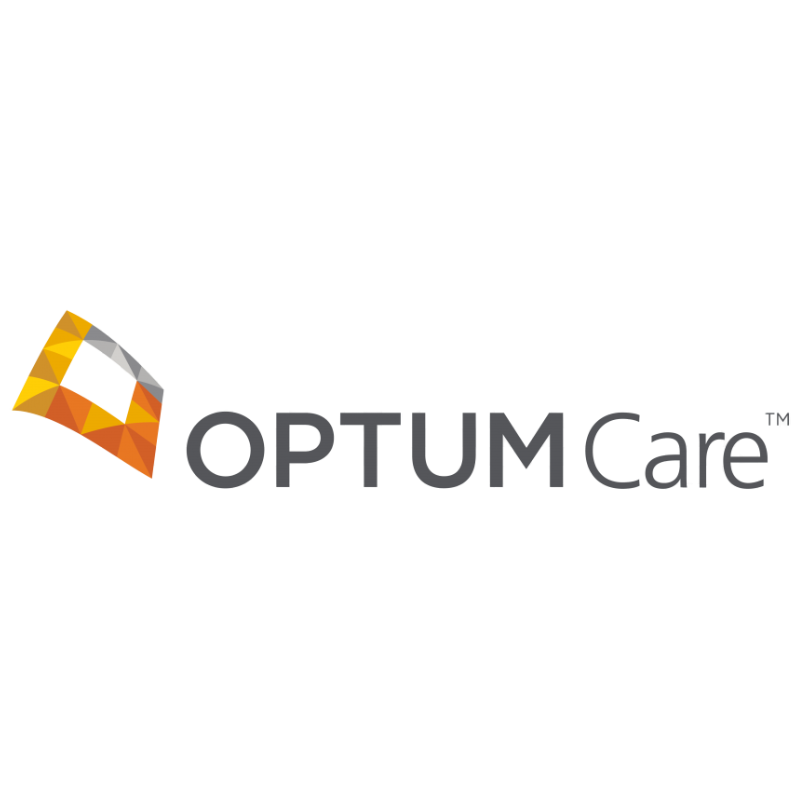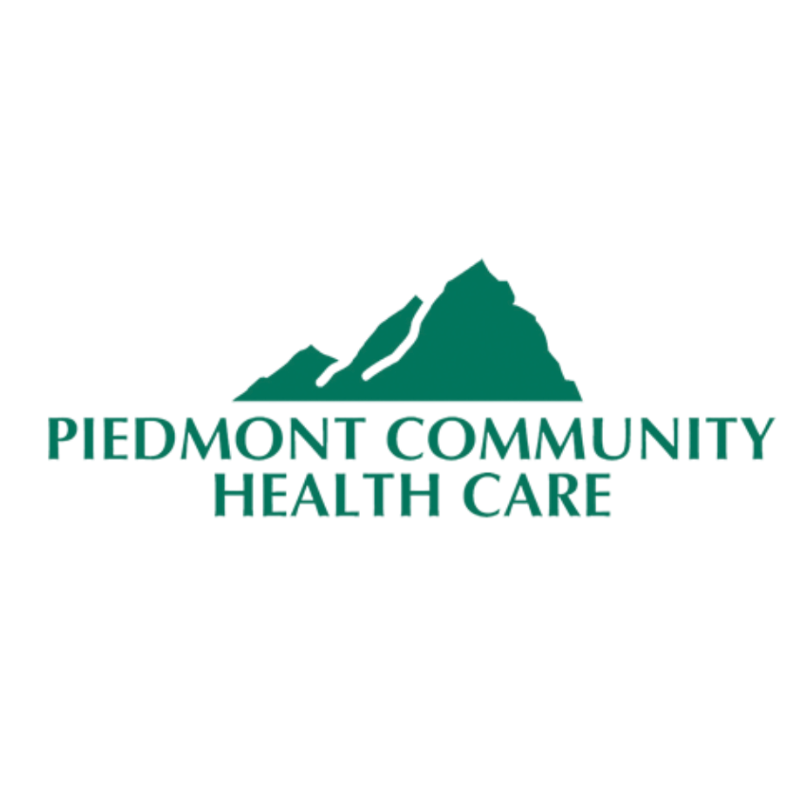Residential Gambling Addiction Treatment in Virginia
Specialized inpatient gambling addiction treatment on 400+ acres in Hanover, Virginia. Our comprehensive gambling addiction treatment in Virginia includes financial recovery planning, impulse control therapy, and behavioral addiction expertise in our 14-bed facility.
Understanding Gambling Addiction
Gambling addiction treatment in Virginia is essential for addressing serious behavioral disorders affecting millions of Americans.
2 Million Americans
According to the National Council on Problem Gambling, approximately 2 million Americans suffer from gambling addiction, with millions more affected by problem gambling behaviors.
Financial Devastation
Gambling addiction often leads to bankruptcy, massive debt, job loss, and financial ruin, making financial recovery planning essential to treatment success.
Family Impact
Compulsive gambling destroys family relationships and trust, often requiring intensive family sessions and relationship rebuilding as part of comprehensive treatment.
What is Gambling Addiction Treatment?
Comprehensive residential treatment for pathological gambling, addressing the behavioral addiction and underlying psychological factors.
Specialized Behavioral Addiction Care
Gambling addiction treatment addresses pathological gambling as a serious behavioral addiction. Our residential gambling addiction treatment in Virginia provides intensive therapy focused on impulse control, financial recovery, and addressing the underlying psychological factors that drive compulsive gambling behaviors.
At Williamsville Wellness in Hanover, Virginia, our specialized 28-day inpatient gambling addiction treatment program combines evidence-based therapies with financial counseling and relapse prevention strategies designed specifically for behavioral addictions. You'll receive 8-10 individual therapy sessions per week and 20+ hours of group therapy with gambling addiction specialists.
Learn More About Our Approach
Who Benefits from Our Gambling Addiction Treatment?
Our gambling addiction treatment in Virginia serves individuals struggling with various forms of compulsive gambling.
Problem Gamblers
Individuals with compulsive gambling behaviors affecting their finances, relationships, and daily life who need intensive residential support.
Financial Crisis
Those facing significant debt or financial ruin due to gambling who need comprehensive financial recovery planning alongside addiction treatment.
Repeat Relapses
People who have struggled with gambling addiction relapse and need the intensive structure of residential treatment for lasting recovery.
Why Gambling Addiction Treatment Works
Evidence-based gambling addiction treatment in Virginia addressing the complex behavioral and psychological aspects of compulsive gambling.
Impulse Control Training
Specialized therapy techniques to develop healthy impulse control and decision-making skills, addressing the core behavioral patterns of gambling addiction.
Financial Recovery Planning
Comprehensive financial counseling and debt management strategies to rebuild financial stability and develop healthy money management skills.
Trigger Identification
In-depth exploration of gambling triggers, high-risk situations, and development of personalized coping strategies for long-term recovery.
Family Relationship Healing
Family sessions to rebuild trust, address the impact of gambling on relationships, and create supportive recovery environments.
Behavioral Modification
Evidence-based behavioral therapies specifically designed for process addictions, including CBT and motivational interviewing techniques.
Healthy Recreation
Development of healthy recreational activities and hobbies to replace gambling behaviors and build a fulfilling life in recovery.
Treating Co-occurring Mental Health Disorders
Many individuals with gambling addiction also struggle with other mental health conditions that require integrated treatment.
Dual Diagnosis Treatment Approach
Gambling addiction rarely occurs in isolation. Our comprehensive gambling addiction treatment in Virginia includes assessment and screening for co-occurring mental health disorders including depression, anxiety, PTSD, bipolar disorder, and substance abuse issues that may contribute to or result from compulsive gambling behaviors.
Our integrated treatment approach addresses both the gambling addiction and any underlying mental health conditions simultaneously, ensuring comprehensive care that leads to lasting recovery and emotional stability.
Common Co-occurring Conditions:
- Depression: Often develops from gambling-related losses and shame
- Anxiety Disorders: Financial stress and gambling consequences create anxiety
- Substance Abuse: Many use alcohol or drugs to cope with gambling losses
- Bipolar Disorder: Manic episodes can trigger excessive gambling behaviors
- PTSD/Trauma: Gambling may be used to escape traumatic memories

Why Choose Williamsville Wellness?
Discover what sets our gambling addiction treatment in Virginia apart from other behavioral addiction treatment centers.

More Individual Therapy Than Most Other Centers
Our gambling addiction treatment program provides intensive individual therapy sessions, ensuring personalized attention to address your specific gambling triggers, financial recovery needs, and behavioral patterns.
Gambling Addiction Treatment Advantages:
- Specialized Duration: 28-day program tailored for gambling addiction
- Expert Staff: Gambling addiction specialists and behavioral therapists
- Financial Focus: Integrated financial recovery and debt management
- Small Setting: Only 14 beds for personalized attention
- Behavioral Expertise: Staff trained in process addiction treatment
- Beautiful Campus: 400+ acre therapeutic environment in Hanover, Virginia
Your Gambling Recovery Journey
A structured 28-day path to recovery with specialized gambling addiction treatment in Virginia.
Comprehensive Evaluation
In-depth assessment of your gambling and relapse history, severity, triggers, and financial situation. We screen for co-occurring substance abuse and mental health disorders using psychological testing to create your personalized treatment plan.
Impulse Control & Safety
Focus on stabilization, developing initial impulse control skills, addressing immediate safety concerns, and beginning financial assessment with our specialists.
Behavioral Therapy & Recovery
Intensive individual and group therapy targeting gambling behaviors, financial recovery planning, family sessions, and development of healthy coping mechanisms.
Relapse Prevention & Planning
Comprehensive discharge planning, relapse prevention strategies, ongoing therapy arrangements, and continued financial recovery support systems.
Additional Treatment Programs
Explore our other specialized treatment programs designed for specific populations and addictions.
Veterans Treatment
Specialized residential treatment designed specifically for veterans dealing with addiction and trauma, with military-informed care approaches.
Drug & Alcohol Treatment
Comprehensive residential substance abuse treatment for alcohol and drug addictions with evidence-based therapies and medical support.
Virtual Programs
Remote intensive outpatient and partial hospitalization programs for Virginia residents who need flexible treatment options.
Types of Gambling Addiction We Treat
Our specialized gambling addiction treatment in Virginia has experience with all forms of compulsive gambling behaviors.
Casino Gambling
Slot machines, table games, poker rooms, and other casino-based gambling addictions with specialized treatment for casino triggers and environments.
Sports Betting
Fantasy sports, sportsbook betting, and daily sports wagering addictions with focus on managing sports-related triggers and social pressures.
Online Gambling
Internet poker, online casinos, mobile gambling apps, and digital betting platforms with technology-focused recovery strategies.
Lottery & Scratch-offs
Compulsive lottery ticket purchasing, scratch-off addictions, and instant-win game behaviors with impulse control strategies.
Day Trading Addiction
Compulsive stock trading, cryptocurrency gambling, and high-risk investment behaviors treated as gambling addiction with financial recovery focus.
Social & Private Gambling
Private poker games, workplace betting pools, and informal gambling activities with social boundary and relationship recovery strategies.
What to Expect During Gambling Treatment
A comprehensive look at daily life during our specialized gambling addiction treatment in Virginia program.
Individual Therapy Focus
- Daily individual therapy sessions
- Cognitive-behavioral therapy for gambling
- Impulse control skill development
- Trigger identification and management
- Motivational interviewing techniques
- Relapse prevention planning
Financial Recovery Support
- Financial assessment and counseling
- Debt management planning
- Budgeting and money management skills
- Financial accountability systems
- Legal consultation referrals
- Credit repair guidance
Campus Life & Environment
- 14-bed intimate facility setting
- 400+ acre wooded campus
- Chef-prepared nutritious meals
- Fitness center and outdoor activities
- Comfortable home-like environment
- Technology access on case-by-case basis
Specialized Gambling Treatment Components
Technology & Digital Wellness
- Online gambling blocking strategies
- Digital detox planning
- Healthy technology boundaries
- Alternative online activities
- Social media recovery support
- Device accountability systems
Group Therapy & Support
- Gambling-specific group therapy
- Gamblers Anonymous integration
- SMART Recovery techniques
- Family sessions
- Recreational therapy planning
- Peer support and accountability
Life Skills & Recreation
- Healthy recreational activities
- Social connection building
- Stress management techniques
- Exercise and fitness programs
- Creative and artistic outlets
- Mindfulness and meditation
Aftercare & Continuing Recovery Support
Recovery doesn't end when you leave our facility. We provide comprehensive aftercare planning and ongoing support for lasting success.
Required Aftercare Planning
To complete our residential gambling addiction program, you must schedule outpatient therapy and intensive outpatient treatment, ensuring continuity of care and ongoing support.
Community Connections
We connect you with local Gamblers Anonymous meetings, SMART Recovery groups, and ongoing therapy resources in your area for peer support and accountability.
Professional Support Network
Ongoing individual therapy sessions, psychiatric follow-ups, and financial counseling resources to maintain your recovery and continue building financial stability.
Your Personalized Aftercare Plan
Recovery from gambling addiction requires ongoing support and accountability. Our team develops a comprehensive aftercare plan based on your personal triggers, financial situation, and recovery goals.
Aftercare Components Include:
- Outpatient Therapy: Scheduled individual therapy continuation
- Financial Accountability: Ongoing money management support
- Family Integration: Continued family sessions and relationship rebuilding
- Trigger Management: Personalized relapse prevention strategies
- Support Groups: Connection to local recovery communities

Insurance & Financial Options
We are in-network with most major insurance companies and understand the financial stress gambling addiction creates.
Insurance Coverage
We work with most major insurance providers to ensure your gambling addiction treatment in Virginia is covered. Our admissions team will verify your benefits and explain your coverage options.
Financial Assistance
We understand gambling addiction creates financial stress. Our team works with you to find payment solutions and financing options that make treatment possible.
What Our Alumni Say
Frequently Asked Questions
Ready to Break Free from Gambling Addiction?
Don't let gambling addiction control your life any longer. Our compassionate team specializes in gambling addiction treatment in Virginia and is here to help you reclaim your financial stability and rebuild your relationships. Take the first step today.
Call Now - (804) 655-0094






